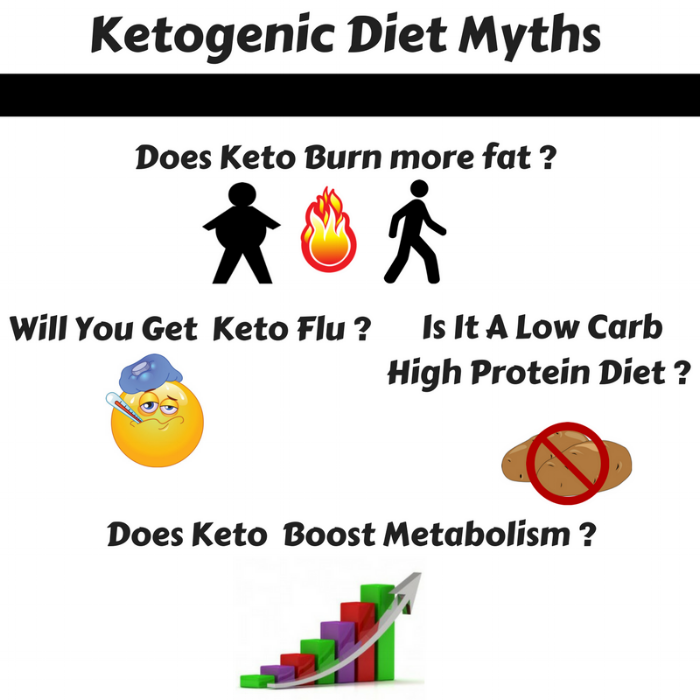Low Carb vs. Keto Diet: What’s the Difference?
There has much been much debate on low carb diets vs keto diets and the differences between the two diets.

Low carb diets have been rising in popularity with no signs of dropping off. This is not surprising when you consider the success of thousands and thousands of low carb dieters who have rapidly lost weight and kept it off while improving their overall health at the same time.
Even the current literature supports the effectiveness of low carb diets for weight loss and health improvement. Furthermore, many studies also show that carb restriction can be used to aid the treatment of conditions that low-fat diets may make worse.

Unfortunately, if you try to figure out the best low-carb approach, you will be overwhelmed with biased and conflicting information. Some websites claim that the keto diet is the best low carb diet because you get the benefits of ketosis and low-carb dieting at the same time, while others believe a more lenient low-carb diet is the way to go because keto is too restrictive and risky.
The Low Carb Diet vs. the Ketogenic Diet – The Technical Differences

Simply put, a ketogenic diet or “keto diet” is a low-carb diet, but not all low-carb diets are ketogenic diets.
The primary goal of the keto diet is to help you achieve and sustain nutritional ketosis – a metabolic state that occurs when the body consistently produces and uses ketones for fuel. Restricting carbs below 35 grams per day is usually all you need to do to enter and sustain ketosis.
Whether you are on a keto diet or not can easily be answered by measuring your blood ketone levels. Are your ketone levels at 0.5 mmol/L or higher after implementing the keto diet for a week or so? This indicates that you are legitimately on the keto diet while any measurement lower than 0.5 mmol/L technically means that you are on a low carb diet, not a keto diet.
Unfortunately, an equally precise definition of what a “low carb diet” is does not exist. Even the research literature doesn’t seem to have a definitive answer that allows us to decipher a low carb diet from higher carb diets.
Some studies define low-carb as a diet that restricts carbs below 20% of calories while other studies classify it as a diet that consists of less than 45% carbs. The only thing that most people seem to agree on is the concept behind the low-carb diet: to reduce carb intake by cutting out carb-rich, processed foods.

More specifically, most low carb diets limit foods high in easily digestible carbohydrates (e.g., sugar, bread, pasta, juice, soda) and replace them with foods containing a higher percentage of fats and moderate protein (e.g., meat, poultry, fish, shellfish, eggs, cheese, nuts, and seeds) and other foods low in carbohydrates (e.g., non-starchy vegetables such as spinach, kale, chard and broccoli), although other vegetables and fruits (especially berries) are often allowed. The restriction of carbohydrates and certain food groups vary between the different low-carbohydrate diets.


